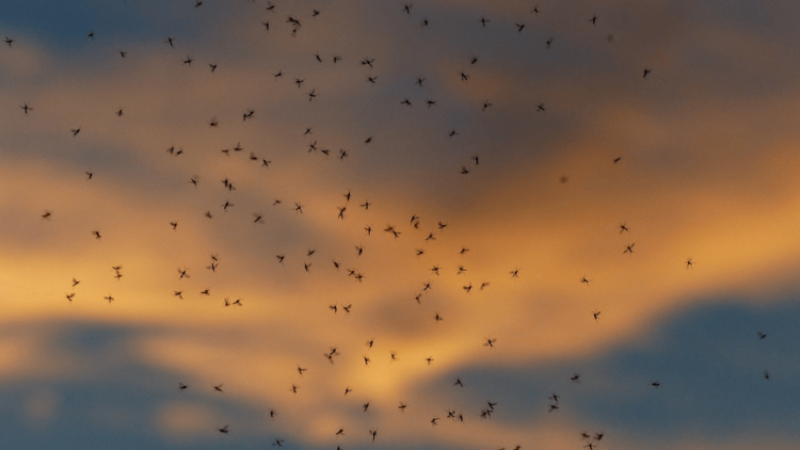Warming temperatures are chasing animals and plants to new habitats, sometimes with devastating consequences to ecosystems. But there is little evidence regarding how far and how fast the invaders might be moving.
A new study offers a glimpse of the future by looking to the past. Mosquitoes that transmit malaria in sub-Saharan Africa have moved to higher elevations by about 6.5 meters (roughly 21 feet) per year and away from the Equator by 4.7 kilometers (about three miles) per year over the past century, according to the study.
That pace is consistent with climate change and may explain why malaria’s range has expanded over the past few decades, the authors said. The results have serious implications for countries that are unprepared to cope with the disease.
Follow the latest news and policy debates on sustainable agriculture, biomedicine, and other ‘disruptive’ innovations. Subscribe to our newsletter.
As the planet warms, plants and animals — particularly invertebrates — are seeking cooler temperatures, either by moving to higher altitudes or by moving closer to the poles. One meta-analysis estimated that, to date, terrestrial species have been moving uphill at a pace of 1.1 meter (3.6 feet) per year and toward the poles at a pace of 1.7 kilometers (1.1 miles) per year.































